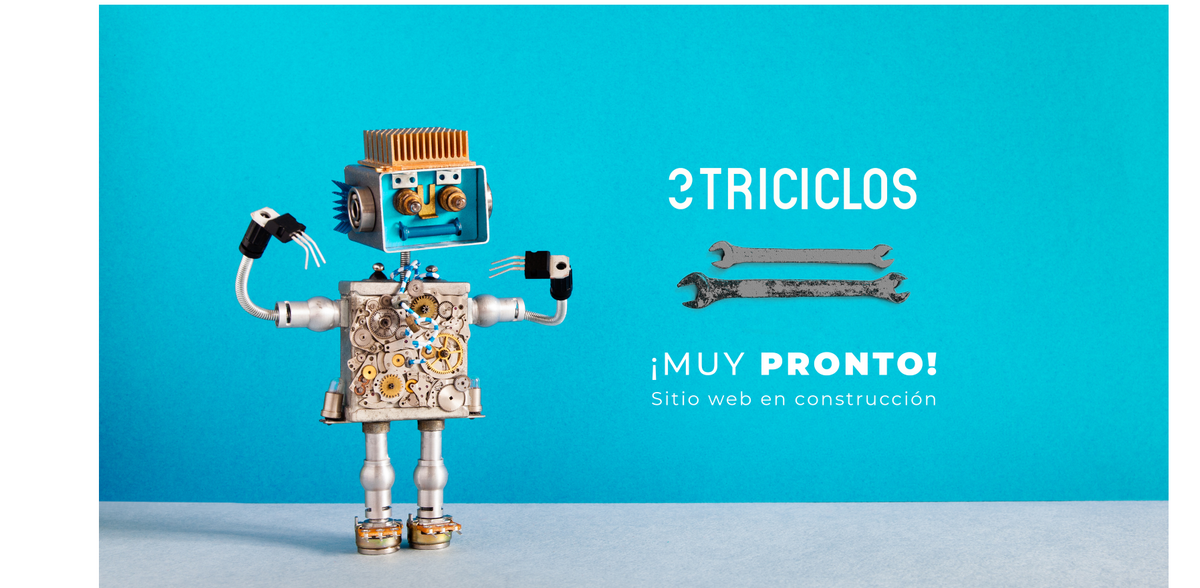What is TriCiclos?
TriCiclos is an initiative that believes the best waste is the one that is not generated. With over 15 years of experience leading the redesign of consumption and production systems, TriCiclos has been instrumental in reshaping the way Chile, Santiago, and Latin America approach waste management. The project sets its focus on eliminating waste at its very root, working with organizations, communities, and individuals to move toward a truly circular economy. Emphasizing that it is possible to build a future without waste, TriCiclos inspires new ways of relating to resources in a more conscious and respectful manner. The project’s mission is deeply embedded in the values of sustainability and responsibility, making it one of the leading personal services projects in the industry with a remarkable BCorp score of 96.4.
Main Benefits of TriCiclos Services
The benefits provided by TriCiclos showcase concrete achievements and key figures that underline the project’s impact. Consider the following highlights:
- Over 15 years of pioneering change in waste management and circular economy practices.
- Implementation and commercialization of Clean Points, offering an innovative approach to recycling.
- A solid track record within Chile, Santiago, and Latin America in redefining material management.
- Expertise in designing circular projects that manage waste responsibly and create positive externalities.
- Bcorp score of 96.4, pointing to a high standard in social and environmental performance.
Circular Economy and Sustainability
At its core, TriCiclos promotes concrete solutions for a circular economy by integrating infrastructure and traceability into its operations. The project has been at the forefront of transforming how waste is managed, proving that recycling and sustainable practices can coexist seamlessly. Embracing a circular model means not just recycling waste but rethinking the entire cycle from consumption to regeneration. The focus is not only on minimizing waste but also on generating positive impacts, making sustainability an everyday practice. Even as the project moves forward, its commitment to transforming traditional waste management practices continues to resonate with communities and organizations alike… a testament to thoughtful innovation in the field.
Innovative Clean Points
TriCiclos has introduced an avant-garde method through its Clean Points, a concept that redefines recycling in Chile, Santiago, and across Latin America. These Clean Points are essential in encouraging communities to participate in waste management actively. The project facilitates both the sale and proper operation of these points, ensuring traceability and simplicity throughout the process. Not only do Clean Points serve as a tool to channel waste into useful resources, but they also act as beacons of change in local neighborhoods, inspiring social and environmental transformation one point at a time… persistent steps toward a cleaner, healthier environment.
Material Logistics and Traceability
An integral part of the TriCiclos approach is the meticulous management of material logistics and traceability. The systematic collection and classification of waste ensure that each recyclable material receives the proper valuation and treatment it deserves. By providing a robust logistics framework, TriCiclos ensures that waste is moved with a purpose and arrives at its final destination responsibly. This is done through a rigorous process that not only emphasizes accountability but also reassures stakeholders that every step taken adheres to strict environmental standards. Provision of these services helps redefine waste management as more than just disposal—it is a journey toward regeneration and responsibility.
Project Impact on Sustainable Development Goals
- SDG 11: Sustainable Cities and Communities – by fostering urban recycling initiatives and promoting community-based waste management solutions.
- SDG 12: Responsible Consumption and Production – by implementing circular projects that aim to reduce waste at its origin.
- SDG 13: Climate Action – through methodology that reduces carbon emissions linked to inefficient waste practices and enhances energy conservation.
- SDG 15: Life on Land – by protecting ecosystems through attentive resource management and reduced pollutant dispersion.
Expanding Opportunities in Waste Management
By harnessing the power of circular services, TriCiclos offers companies, communities, and institutions a clear and actionable path toward transforming their relationship with waste. The project displays a dynamic mix of services ranging from Clean Points to comprehensive circular projects, effectively matching today’s growing environmental challenges. The initiative is not only about managing waste—it is about initiating a shift toward better resource stewardship. Opportunities abound for those who aim to implement sustainable practices internally and externally. The vision articulated by TriCiclos serves as a model that could inspire other industries to envision waste management as an asset rather than a liability. This evolving approach, combined with an emphasis on logistics, traceability, and regeneration, resonates deeply with the challenges of modern urban life… and ultimately paves the way for a future where waste is reimagined as a resource.





















